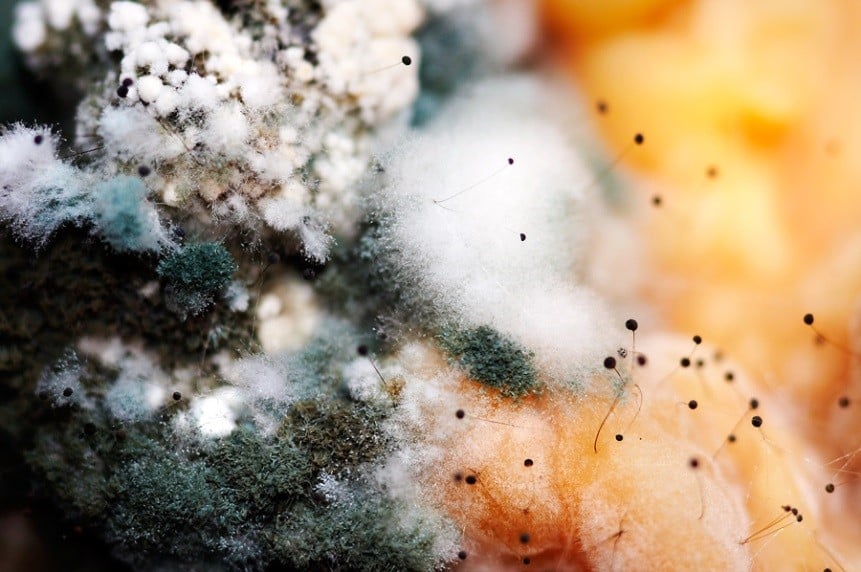Fungal Diversity and Related Metabolites
A special issue of Diversity (ISSN 1424-2818). This special issue belongs to the section "Microbial Diversity and Culture Collections".
Deadline for manuscript submissions: closed (15 April 2022) | Viewed by 2457
Special Issue Editor
Interests: mycelium fungi in culture collections; database; biodiversity; biotechnology
Special Issue Information
Dear Colleagues,
We are pleased to announce a forthcoming Special Issue of Diversity focused on fungal diversity and metabolites of potential importance for biotechnology and medicine.

Microscopic filamentous fungi and yeasts constitute a very large part of all organisms on Earth. However, only a minor fraction of the global microbial biodiversity has been discovered and described up to now.
Microorganisms produce a wide range of important compounds such as antimicrobial agents, enzymes, enzyme inhibitors, antitumor agents and many others. Thus, the study of microbial (fungal) diversity is essential to foster industrial, agricultural, environmental and medical research. Culture collections are the main institutions providing storage and reference material for such studies.
Many collections originated from the work of individual researchers. For over a century, scientists have been collecting strains of animals, plants and microorganisms of specific scientific or technical interests relating to taxonomy, infectious diseases, production of biological active compounds, etc. The progress in cryopreservation technology in the 20th century led to implementing successful and reliable methods for the preservation of eukaryotic microorganisms. Nowadays, culture collections have developed to large “living libraries” that play a key role in the storage and supply of authentic reference material for research and development. They not only acquire, conserve and distribute microorganisms but also provide consultation and training services.
This Special Issue will provide information regarding the current state of fungal diversity across the world and the way toward the usage of its metabolites in biotechnology and medicine.
Dr. Svetlana Ozerskaya
Guest Editor
Manuscript Submission Information
Manuscripts should be submitted online at www.mdpi.com by registering and logging in to this website. Once you are registered, click here to go to the submission form. Manuscripts can be submitted until the deadline. All submissions that pass pre-check are peer-reviewed. Accepted papers will be published continuously in the journal (as soon as accepted) and will be listed together on the special issue website. Research articles, review articles as well as short communications are invited. For planned papers, a title and short abstract (about 100 words) can be sent to the Editorial Office for announcement on this website.
Submitted manuscripts should not have been published previously, nor be under consideration for publication elsewhere (except conference proceedings papers). All manuscripts are thoroughly refereed through a single-blind peer-review process. A guide for authors and other relevant information for submission of manuscripts is available on the Instructions for Authors page. Diversity is an international peer-reviewed open access monthly journal published by MDPI.
Please visit the Instructions for Authors page before submitting a manuscript. The Article Processing Charge (APC) for publication in this open access journal is 2600 CHF (Swiss Francs). Submitted papers should be well formatted and use good English. Authors may use MDPI's English editing service prior to publication or during author revisions.
Keywords
- filamentous fungi
- yeasts
- biodiversity of fungi
- fungal metabolites
- database
- biotechnology
- medicine
- culture collection
- applied microbiology





